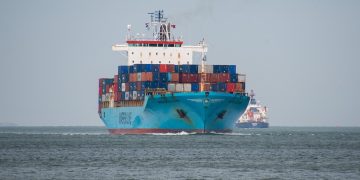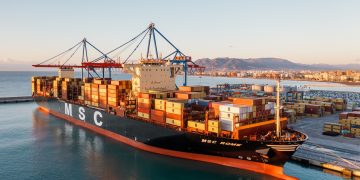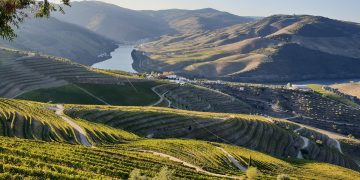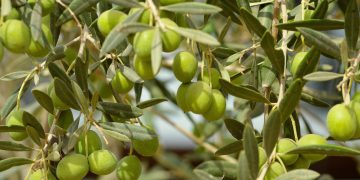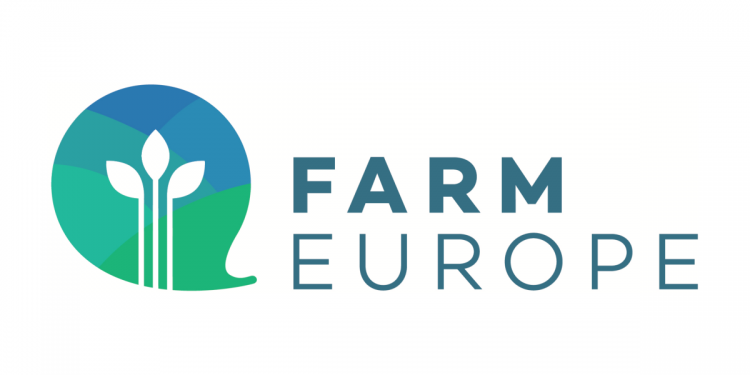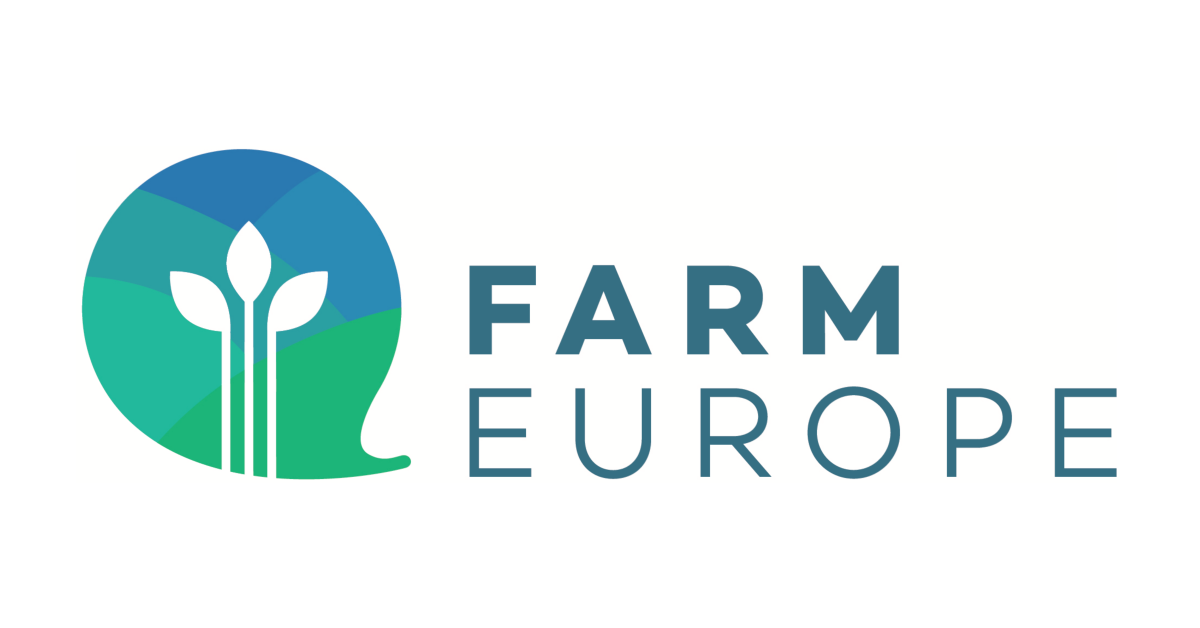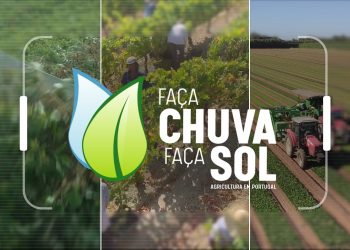It is now highly likely that the US decision to reinstate import duties on steel and alumina from the EU, and the inevitable EU response with retaliatory measures, will lead to the beginning of a trade war whose end is not in sight.
The EU has in the pipeline a decision to reinstate its retaliatory measures, suspended for several years following a negotiated truce, which include some US agriculture exports, such as maize and soya, but also other key products – such as bourbon – that could trigger the US to take other heavy counter-retaliation measures.
The US President has actually publicly declared that the US would up the ante to counter-retaliate, threatening 200% duties on EU wines.
The scene is set for a US-EU trade war, and unfortunately agriculture is part of it, although it was not the starting point.
We will examine what that means for the EU agriculture sector, who has the best cards, and what the outcomes could look like, which to a large extend depends on the capacity of the EU to stand together, leverage its firepower to protect its offensive interests, in particular in the agri-food sector already suffering from a lack of competitiveness and tensions with China.
THE RISK OF LOSING MARKET SHARE FOR EU AGRICULTURE & FOOD
The EU has enjoyed for a long period a large agriculture trade surplus with the US. In 2023 we exported EUR 27 180 million and imported EUR 11 744 million – a EUR 15 436 million surplus.
The US is our second largest export destination, after the UK, making 12% of our exports.
A closer look at the composition of EU trade with the US shows that it mainly exports some form of processed products, whereas it mainly imports commodities.
Looking at the very latest 2024 data, amongst our top exports are wines (EUR 4 894 million), spirits (EUR 2 890 million), olive oil (EUR 2 056 million), and cheeses (EUR 1 306 million). Beer, chocolate, pasta, hams, butter, other food preparations, also rank over the hundred million EUR worth of annual exports.
The US top exports are soya (EUR 2 588 million), fruits and nuts (EUR 2 200 million), and spirits (EUR 1 076 million).
The disparity in the composition of our exports and imports raises another very important issue. Whereas the US can easily find other destinations for their soya exports in the event they are blocked in the EU, the same cannot be said regarding EU wine exports. Soya is a commodity, and if we stop importing from the US and instead import from South America, the many other world destinations will easily see previous South American exports be replaced by the US.
With respect to wine, if the EU is blocked in the US, it cannot simply shift exports to other destinations. The marketing and commercial specificities are totally different. It cannot easily compensate for the billions lost in the US by increasing exports to other markets. The EU would be able to increase to a certain extent its market share in other markets, but at the expense of lower prices and margins.
Unfortunately, the same reasoning applies to the EU cheese and ham exports, and to olive oil.
If the EU loses the US market for its top-quality cheeses and hams, it would face a close to impossible task to find alternative markets, or to grow in current markets. The case is even clearer regarding olive oil, where the EU is by far and large the world top producer facing little competition, which means there is little room to displace other competitors. In addition to that, it is close to impossible to displace other edible oils in the market, as both price and food habits are powerful head-winds.
We could go on making similar arguments on other high-value processed products.
The key conclusions to draw from this analysis are that:
- As the EU enjoys a sizeable agri-food trade surplus with the US, it has potentially more to lose in this sector in an escalating trade war;
- As the EU agri-food exports are more difficult to be diverted to other markets, the actual trade losses would be larger.
- As the EU must defend its offensive interests in agriculture and food, retaliation measures and escalation must target other sectors and leverage the consumer markets that, for example, GAFAM cannot afford to lose.
TRADE WARS BRING PAIN ACROSS THE BOARD
A trade war between the US and the EU will bring pain to both sides of the Atlantic. The economy will suffer, jobs will suffer. We will however focus on the consequences for the EU.
The extent of the pain depends on the width and depth of the dispute, on how many products it will concern and which tariff levels would be applied.
If the US completely scraps its WTO obligations, and imposes across-the-board higher duties on imports from the EU, the pain will be large and the US will not get out unscathed on the justified retaliation from the EU. The economic losses would be steep to both sides.
That is however not the likeliest scenario. Having said that, it makes little doubt that there will be some measure of application by the US of the new trade concept of reciprocity. At least for several products the US will impose tariffs that it finds commensurate to those it faces in the EU, with the aggravation that non-tariff barriers and VAT might be part of the calculations.
It is crystal clear that in so doing the US will tear apart the acquis of the GATT and the WTO.
Consolidated tariff schedules would become obsolete for the US. The US would no longer feel obliged by the world trade rules.
The US openly admits that is precisely what it wants to do: fundamentally rebalance world trade.
The EU would feel compelled to apply retaliatory measures. In so doing the EU would stay in the boundaries of the WTO rules.
The US President has however indicated that if the EU retaliates, the US would escalate with counter-retaliations (200% tariff on wines). Where would it stop? What could be done to prevent a trade war that escalates with no end in sight?
A problem that negotiators will face is that the US and the EU would enter a potentially very harmful and escalating dispute following two radically different stances.
The EU sees itself as a champion of WTO rules, will seek to impose respect of those rules, and is not prepared to break them.
The US has departed from that standpoint, and seeks to pursue its national interest through the imposition of a new level playing field mixed with a mercantilist, or transactional, view.
This fundamental divergence makes it harder to find compromises. To give an example: if the EU and the US were to agree to a new set of tariffs to some products, the EU would feel obliged to apply those erga omnes, whereas that would be out of the equation for the US. To be clearer, the tariffs that the EU would agree with the US would apply to China and all the other WTO members, whereas the US would feel free to do as it sees fit.
Conceptually, under WTO rules, the only way for the EU to address the US push for reciprocity is through a Free Trade Agreement, but it is far from clear that the US is interested.
To make a solution to this dispute even more complex, we must factor in strategic, defence concerns, and unity of purpose and command.
The fact that the EU is dependent on the US to defend itself, and that even if it will now invest heavily on defence it will need some time to give all the expected fruits, gives the US an additional negotiating card that this Administration will not shy from using.
Moreover, EU Member States have different trade interests, different defence concerns and priorities, which might compound the difficulties of having to reach difficult decisions. On trade issues the EU has to some extent it easier to act, but this dispute has a strategic, and foreign policy dimension.
CONCLUSION
The tensions initiated by the US are particularly harmful to the EU agriculture sector.
On agriculture, the EU has more to lose from an escalating trade war than the US. It has a sizeable trade surplus, and it exports products that cannot easily find alternative markets.
Whilst it is understandable and justified for the EU to retaliate, our core interests and cold-blood analysis call for working hard to minimize the impacts of those political developments, avoiding escalation and retaliations within the agriculture and food sector that would call for further measures from the US.
The sector has every interest that a negotiated agreement be found. However, if such an agreement is out of reach for EU negotiators, they should try minimize the pain for agriculture and food, via retaliations outside this sector and also economic compensations to help the sector go through out the crisis until a solution is found, showing to the US that it is ready to protect European interests.
The EU is committed to the world trade rules, and its objective is to foster world trade under these rules.
The US pursues a paramount national interest policy (“America First”), and is seeking to change the rules to rebalance trade under a new reciprocity concept.
It is important to strengthen the transatlantic partnership at a historic moment that demands cooperation to tackle global challenges – from climate change to food security and put into action any diplomatic effort aimed at fostering greater stability and sustainability in international trade.
Negotiators must find ways, out-of-the-box, to come to an agreement. As other strategic and defence issues are on the table, they could be addressed to settle the dispute as well, not mentioning the fact that on certain sectors like digital, trade relations is dramatically unbalanced in favour of the US, which the EU could target.
O artigo foi publicado originalmente em Farm Europe.



